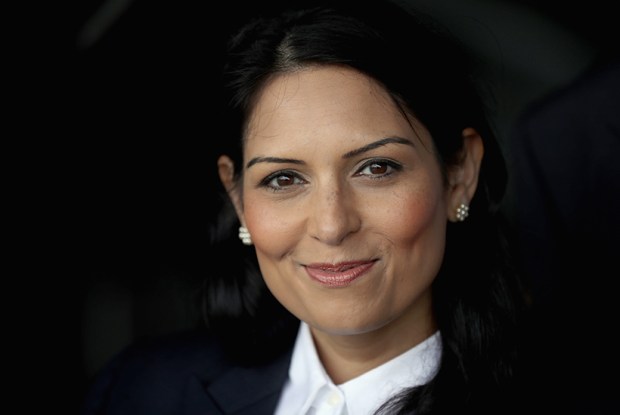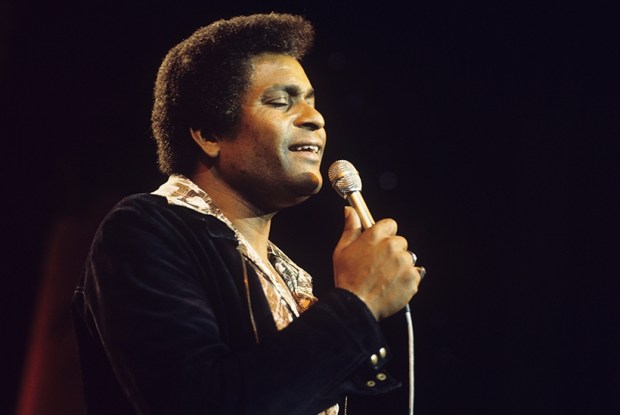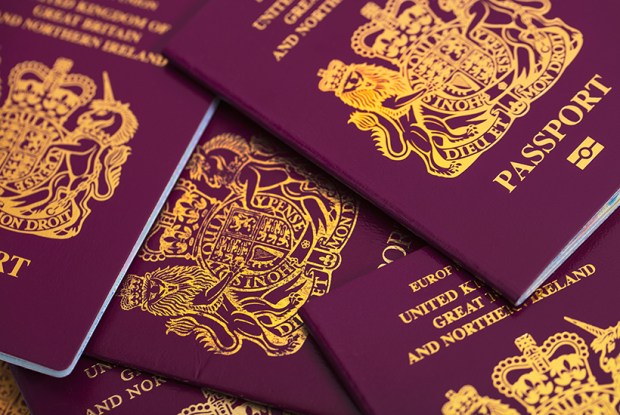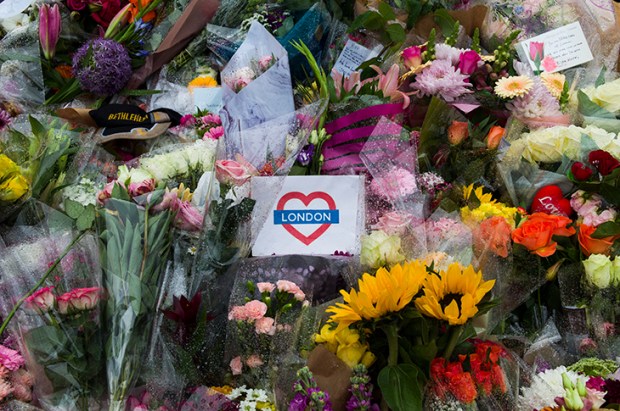My young daughter has a furry beaver — lifelike in all but its eyes, which to me seem cold and dead. I bought it for her in the United States and I think it has pride of place within her impressive menagerie of anthropomorphised cuddly toy animals. There are also countless wolves which we have to hide when her grandmother comes to stay, in case she puts them in a sack and burns them, or just throws them in the garage.
Grandma is an evangelical Christian of a somewhat uncompromising brand and believes that wolves, living or inanimate, are agents of Beelzebub. As, of course, are bats. Incidentally, when the Rapture comes, every member of our family, including Jessie the Dog, will be taken up to heaven for canapés, non-alcoholic cocktails, communal singing and a nice apartment like they have in CenterParcs — every member except for me. Grandma has blessed — with olive oil — the entire family except for Daddy. Apparently, I have to make the decision about being saved for myself.
I do not understand how come Jessie, who is clubbable but extremely stupid, gets in and not me. After all, her ancestors were agents of Beelzebub. It is an apparent paradox which I take up with Grandma from time to time, but I never get anywhere: ‘I know what I know, Rod,’ she says firmly, and that’s an end to it. Jessie’s in and I’m out. I don’t argue with her about the stuffed wolves, either. In any case, she’s not alone — Richard Dawkins, given a chance, would also stop my daughter playing with stuffed animals, believing it to be a form of speciesism and also deluded: wolves, beavers etc, are not cuddly and supine at all; they are very real independent animals with their own hopes and aspirations and fervent commitments to social justice — and stuffed effigies of them are demeaning, just like with golliwogs. So Grandma is in impeccably progressive intellectual company — although I don’t think Richard is going to be taken up to the heaven shindig thing either, unless she’s blessed him with olive oil secretly. I hope she hasn’t: that would be the final straw, frankly.
I don’t know what Grandma would make of Monkey Wellbeing. If there was any justice in the world, she’d throw a noose around its neck and hang it from the highest tree. Monkey Wellbeing is a fatuous, smirking, knitted toy monkey which looks nothing like a monkey and is being used in schools to teach kids stuff about health and the NHS. You can tell it’s a politically correct idiot of a monkey because it’s called Monkey Wellbeing. ‘Wellbeing’ is one of those nonce words that has been either appropriated or invented by progressives to mean whatever they want it to mean — like ‘grooming’ or ‘community’ or ‘resilience’. No decent, normal monkey would wish to be called ‘Wellbeing’: it’s a stupid name. Anyway, this particular stuffed monkey seems to be targeted at the under-sevens as a means of inculcating politically correct propaganda in their delicate minds. It has probably been active in showing toddlers the most pleasurable means by which one might have homosexual intercourse without contracting any debilitating illnesses.
But that’s only a guess. What we know for sure is that this Monkey Wellbeing creature is used to get kids to persuade their parents not to go to the accident and emergency departments of hospitals, because they are overstretched. The government has sent out kits of games and songs, along with the moronic stuffed monkey thing, to ram the message home. They hope that the children will bully their parents into never going anywhere near a hospital. Here’s an extract from one of Monkey Wellbeing’s songs:
When Monkey’s feeling poorly and gets an injury,
He doesn’t have to swing straight to A&E,
Out of office hours, if Monkey’s sick up in his tree,
Go to the walk-in centre or out-of-hours GP.
Now, I don’t doubt for a moment that our A&E departments are overstretched and that the waiting rooms are full of that most modern of phenomena, the ‘worried well’. People with nothing physically wrong with themselves; they’re just pissed or depressed or neurotic. A friend of mine who worked in a busy A&E department in London remembers coming near to the end of a frenetic ten-hour night shift and asking the remaining patient what it was that ailed them: ‘I’m tired, doctor,’ is what the woman replied.
So sure, the problem exists. But should the under-sevens be given responsibility for deciding what sort of injury requires a visit to the hospital? Is that a wholly responsible scenario, when dad’s just sliced off his left arm with the hedge strimmer and the living room looks like it has just staged a remake of Reservoir Dogs? This is the objection from, among others, the pressure group Patient Concern, while as a defence of the programme, the NHS bureaucrats witter on about how everyone has to understand the ramifications of their ‘care footprint’. Why do those people talk like that? Is there something wrong with them mentally? Doesn’t the term ‘care footprint’ make you want to send someone immediately, fast-tracked, to A&E, with the sort of serious contusion that even Monkey Wellbeing would concede was in need of urgent surgery?
But that’s not the primary objection to this blandly jovial simian imbecile, Mr Monkey Wellbeing. More and more frequently, kids in state schools are at the mercy of this sort of insidious, fashionable propaganda — be it about recycling rubbish, or sexual relations, or obesity, or when it is right to go to hospital. This is the sort of thing which, properly speaking, lies within the dominion of the parents, not the state. But the state thinks the parents are stupid and feckless, and that it knows much better.
Got something to add? Join the discussion and comment below.
Get 10 issues for just $10
Subscribe to The Spectator Australia today for the next 10 magazine issues, plus full online access, for just $10.
You might disagree with half of it, but you’ll enjoy reading all of it. Try your first month for free, then just $2 a week for the remainder of your first year.














Comments
Don't miss out
Join the conversation with other Spectator Australia readers. Subscribe to leave a comment.
SUBSCRIBEAlready a subscriber? Log in